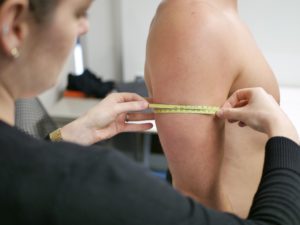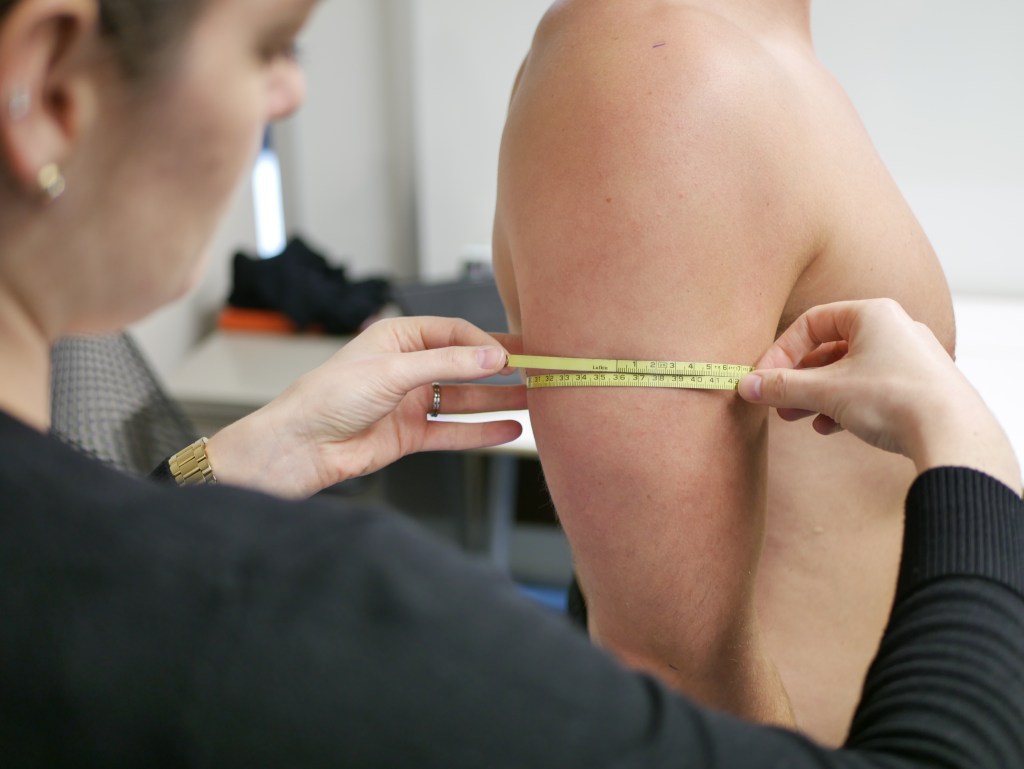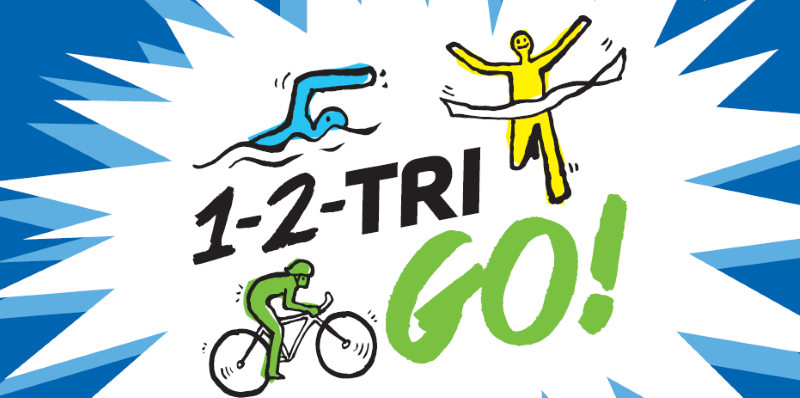By Elizabeth Perrotta, Exercise Physiologist and Melissa Kazan, Sport Dietitian
Trying to lose weight, gain weight or put on muscle mass to meet the demands of your sport? Looking at the number on the scale is not the most accurate way to monitor your progress. This simple measurement doesn’t take into account that muscle weights more than fat, or that bone density differs between people. These and many other reasons are “why” body composition testing can help you optimize your training plan.
But first, what does body composition mean?

Body composition, or anthropometry, is the study of the measurements and proportions of the human body. This includes: height, weight, specific measurements of limb and body girth (circumference), limb lengths, bone breadths and skinfold thickness. Changes to the distribution of body dimensions are always occurring due to changes in our lifestyle, nutrition and activity levels.
Body compositing testing and performance:
Body composition testing is a comprehensive tool that can help optimize the outcome of health and fitness goals for athletes and active individuals of all sports and levels.
-
Establish your baseline
In order to develop an effective plan to achieve your health and fitness goals, it is imperative to know where you are starting from. Having a baseline body composition assessment allows you to know your current composition and health status, and provides a measure to track your progress against when embarking on new exercise, training or nutrition interventions.
-
Monitor progress
Having regular assessments completed allows your practitioner to evaluate the effectiveness of your program, and provides valuable information in determining changes required to ensure you continue on the right path to achieving your goals. For the high performance athlete, having regular assessments allows for performance tracking and monitoring, determining your ideal body composition for both health and performance in your specific sport. If you are rehabbing from injury, body composition is an excellent monitoring tool to keep you on track and minimize large body composition changes during the recovery period.
-
Tailor your nutrition plan
Body composition measures also provides sport dietitians valuable information on how to manipulate nutrition to help you reach your goals. For example, during injury recovery, sport dietitians can use this information to implement nutrition strategies that will maximize recovery and minimize fat gain during periods of lower activity. On the other hand, the information also helps sport dietitians to establish proper nutrition habits and meal timings to maximize muscle retention during fat loss or assist in muscle mass gain.
Body Composition testing at Fortius
Fortius Health Sport & Health offers two assessments (basic and advanced) that are conducted by an exercise physiologist or a sports dietitian. The basic assessment uses height, weight, girths and skinfolds to monitor the effectiveness of a training program, and to provide an evaluation of health status and health risk. The advanced assessment can be tailored to include sport-specific measures for the more detail-oriented athlete.
Did you know Triathlon BC members receive a preferred rate on select lab testing? If you’re a current Triathlon BC member, receive 20% off your body composition analysis. If you’re a current Triathlon BC member, Redeem here to save 20% using promo code TriFortius2018.
This article was provided by our partner in sport, Fortius Sport & Health, and written by Elizabeth Perrotta, Exercise Physiologist and Melissa Kazan, Sport Dietitian.




